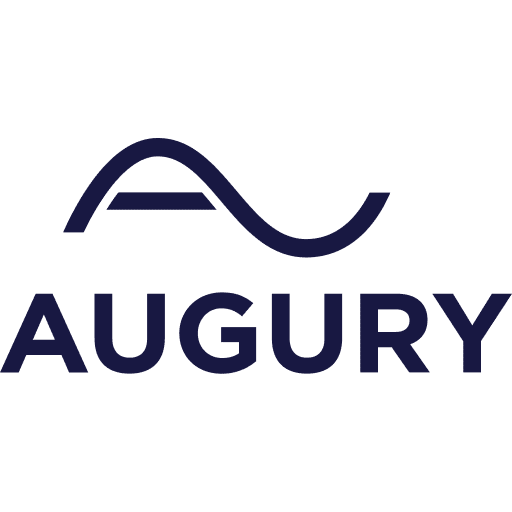
From a young age, Leroy Mtengwa was good at math. That led him to a career in engineering. Today, as the Director of Manufacturing at Herr Foods Inc., Mtengwa wants to make it easier for minority students to follow in his footsteps.
Augury Sales Development Representative Nick Seabrook spoke with Mtengwa about his career journey and the positive influence his father had on his life.
What does a typical day look like for you?
A big part of my role is getting in contact with manufacturing leaders both in the plant and in corporate. There are a lot of upper level things, such as meeting demand orders and working with our supply chain on big programs that are coming down the pipeline. I’m also working with contracts for a lot of our raw materials. I look at months, sometimes years on, to determine what the climate is going to be like for what we manufacture.
A common trend that I’ve seen is that those who aren’t really involved in the day to day sometimes fall out of the loop of what’s actually going on. I work with the people on the floor so they can put a face to a name. I’m not too far from the actual manufacturing. That’s something I don’t wanna lose touch with: the actual boots on the floor and running an operation as I go higher in the ranks.
What got you interested in a career in the engineering field?
I have always been good at math. It’s always come natural to me. Towards the end of high school, I knew I wanted to do something in STEM.
My father wanted me to be in STEM. He really wanted that path for me as well as all the financially fulfilling things that came with it. He went to school and worked for years at the same hospital in New York. He was a lab tech. He really tried to push me towards the medical field because that’s what he did as a profession up until his passing last year. He encouraged me to not focus on something too narrow and to pick a degree that would allow me to pivot if I got bored or if I felt inspired to explore another sector of the industry.
And then, my two best friends, also minorities, also motivated me toward STEM. One became a pharmacist. My other friend did computer science. Even though we all went to three different schools, we keep in contact to this day. We still talk and hang out. It helps us get through tough times.
How did you gain further engineering experience in college?
I decided to go to Drexel University and study engineering because it’s well-known in the northeast in Philadelphia. I decided on chemical engineering. It is not completely like chemistry; there’s divergence into a lot of things.
Drexel offered a five-year program and three separate co-op opportunities. It’s six months of work and six months of school. So you do that three times. Two of those times I worked in a paper mill not too far from the school and experienced the manufacturing of cardboard boxes and making boxes for frozen foods, things like that. We’re in a hard hat doing the 9-to-5 type of thing. That was my first taste of the industry. My third co-op I got to do in more of an FDA-regulated environment, making listerine at Johnson and Johnson.
Unfortunately it’s just six months, and you can only do so much in that timeframe, but again, it just got me prepped for the real world and gave me some real world experience so that I could hit the floor running.
As a black leader in your space, how do you inspire others?
By leading. If you lead by example, it motivates those below you. It also means unlocking doors that are locked and opening doors that are closed. Don’t shut the door behind you. Don’t close your ears off for everyone else that’s trying to get on board. You want to make it easy for them.
It’s imperative for everybody to have the same opportunities. The hope is that in time, the lines will be blurred. Depending on where you’re coming from, your road may be harder than others. That’s the scene in society, unfortunately.
How do you think we can encourage more young black students to enroll in STEM fields?
A friend of mine, an African American guy, is still in the Philly area, and he does a fantastic job from what I’ve seen. He’s a teacher at a charter school, and he does a great job of making math fun. We need more of that to make math not as intimidating.
Once you get the math, everything else falls into place. If we just had more of a focus on math, I think STEM would become more appealing and not intimidating to students. It makes a big difference if you know the road you need to travel.
What advice would you give your younger self?
I’d probably tell myself it’s going to get extremely hard. I was able to get through my program, but it really went from a difficulty of zero to 10 and then beyond 10 at some point. There are going to be a lot of distractions through your college years, but keep your head up. Stay focused. It’s gonna get really hard, but you’ll get through it.
Want to learn more? Just reach out and contact us!






